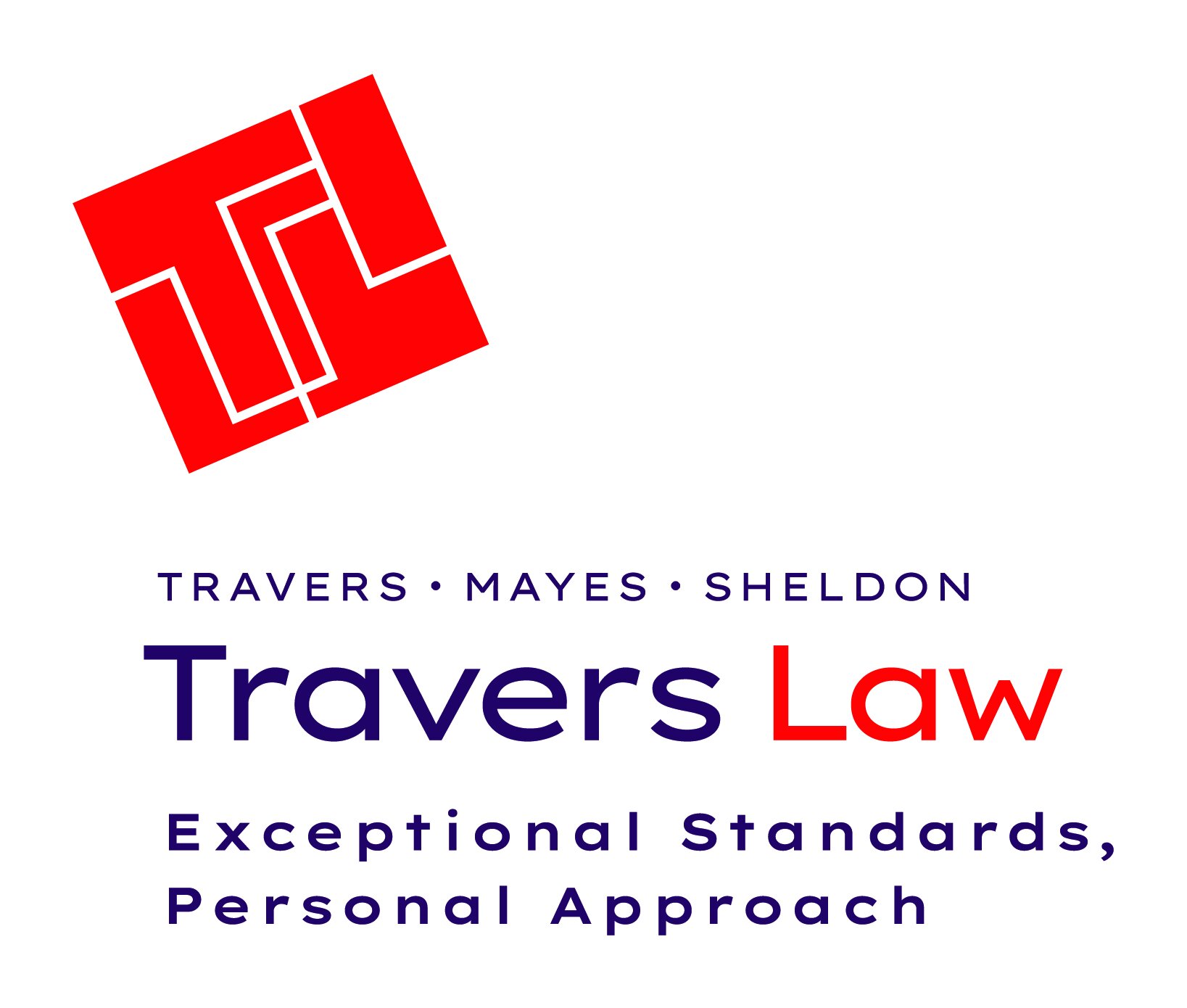Real Estate Roulette: Lessons from a Costly Breach in New Tecumseth (McKnight v. Morrison, 2019 ONSC 552)
In the fast-paced world of real estate, deals can often go awry, leaving both buyers and sellers scrambling. One such case unfolded in New Tecumseth, Ontario, where an avoidable breach of contract in a cooling real estate market cost one buyer dearly. Here’s a look into the legal drama and the crucial lessons learned.
A Seller’s Market Turned Cold
In March 2017, Marilyn McKnight, the estate trustee for her late sister’s estate, listed a property in Alliston, Ontario, for $439,900. The market was hot, and in just five days, she received 38 showings and five offers. The highest bid came from Tracy Morrison, who offered $532,500 with no conditions, and a deposit of $10,000 was made.
However, Morrison owned a property in Brampton and delayed listing it for sale until May 26, 2017, assuming the market would stay favorable. As the closing date of June 30 approached, Morrison requested an extension, citing her need to sell her Brampton home first. This request was a shock to McKnight, who was counting on the timely sale to avoid extra expenses and the uncertainty of a vacant property.
Failed Negotiations and Market Shifts
Despite attempts to negotiate a new closing date, no agreement was reached. The standard agreement provides that an extension could only occur if agreed to in writing by both parties:
20. TIME LIMITS: Time shall in all respects be of the essence hereof provided that the time for doing or complete of any matter provided for herein may be extended or abridged by an agreement in writing signed by the Seller and Buyer or by their respective lawyers who may specifically authorized in that regard.
On June 30, Morrison confirmed she couldn’t complete the purchase without selling her Brampton home, forcing McKnight to relist the property. By this time, the market had cooled significantly. The property, initially listed at $439,900, was now relisted at $459,900. After quick negotiations, it sold for $455,000, closing on July 28, 2017.
Was McKight obligated to resell for the highest price possible?
The Court’s Verdict
The court found that Morrison breached the agreement by failing to close. Currently caselaw outline four main legally acceptable justifications for a purchaser refusing to close a real estate transaction:
1) Non-satisfaction of a conditional precedent;
2) Breach of a fundamental promise;
3) Vendor’s failure to convey good title; and
4) Misrepresentation, along with other elements of a claim for the equitable remedy of recission being satisfied.
None of these existed in this case.
The legal principle for calculating damages due to a breach of contract is well established; the plaintiff can recover reasonable damages that naturally arise from the breach of contract. Before considering mitigation, the vendor must first establish these damages. In real estate transactions, damages for the seller include the difference between the original agreement price and the resale price, along with any additional carrying costs and legal fees incurred due to the purchaser’s breach.
The estate incurred damages amounting to $78,376.85, which included the price difference, utility costs, property taxes, and legal fees. Morrison’s failure to close the deal meant McKnight had to mitigate these losses by promptly relisting and selling the property.
A Vendor is required to obtain a price that is reasonable given all of the facts of the case including the current market conditions. There is no obligation to obtain the highest possible price. The sale price of $455,000 was deemed fair market value in a cooling market and Morrison’s argument that the property could have fetched a higher price was unsupported by evidence.
McKnight, acting reasonably under the circumstances, mitigated the damages effectively.
Additionally, Morrison’s belief that McKnight should have extended the closing date was dismissed. The agreement had no obligation for such an extension, and there was no guarantee that the Brampton property would sell even with an extended deadline. Ultimately, Morrison was held liable for the damages caused by her breach.
It is important to note that a purchaser’s deposit was to be credited against the damages proved the vendor.
Key Takeaways
Timing is Crucial: In a volatile real estate market, prompt actions and timely decisions are vital. Delays can lead to substantial financial losses.
Legal Agreements Matter: Unconditional agreements are binding, and failing to meet the terms can result in significant penalties.
Mitigation Efforts: Sellers must act reasonably to mitigate damages. Quick relisting and fair market pricing are essential in minimizing losses.
Documentation and Evidence: In legal disputes, thorough documentation and credible evidence are crucial in supporting claims and defenses.
This case serves as a painful reminder of the complexities and risks involved in real estate transactions, emphasizing the importance of preparedness, clear agreements, and swift action in the face of market changes.




